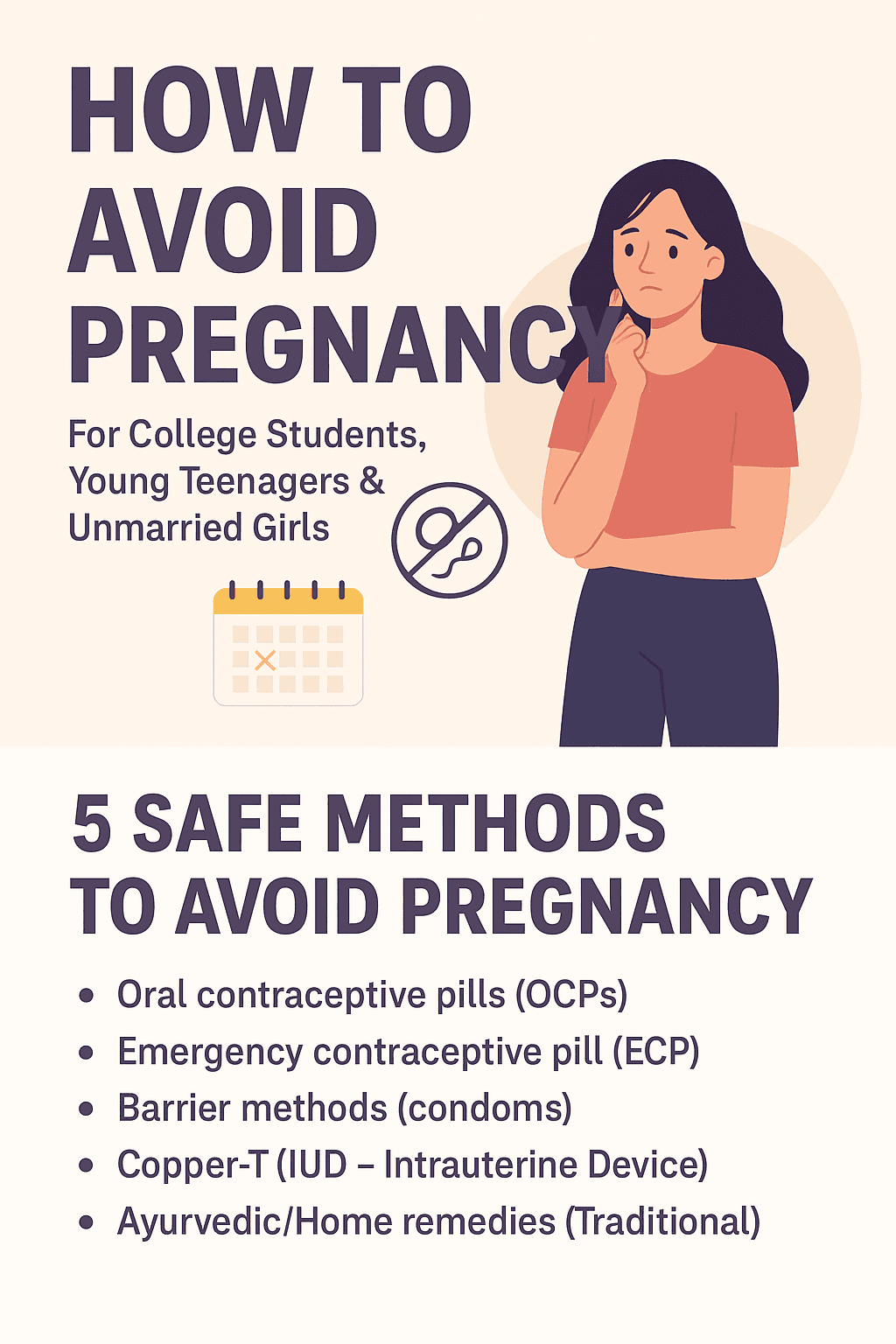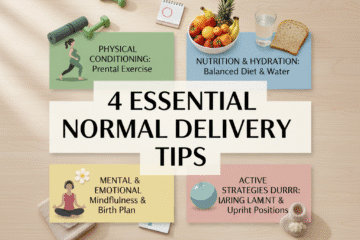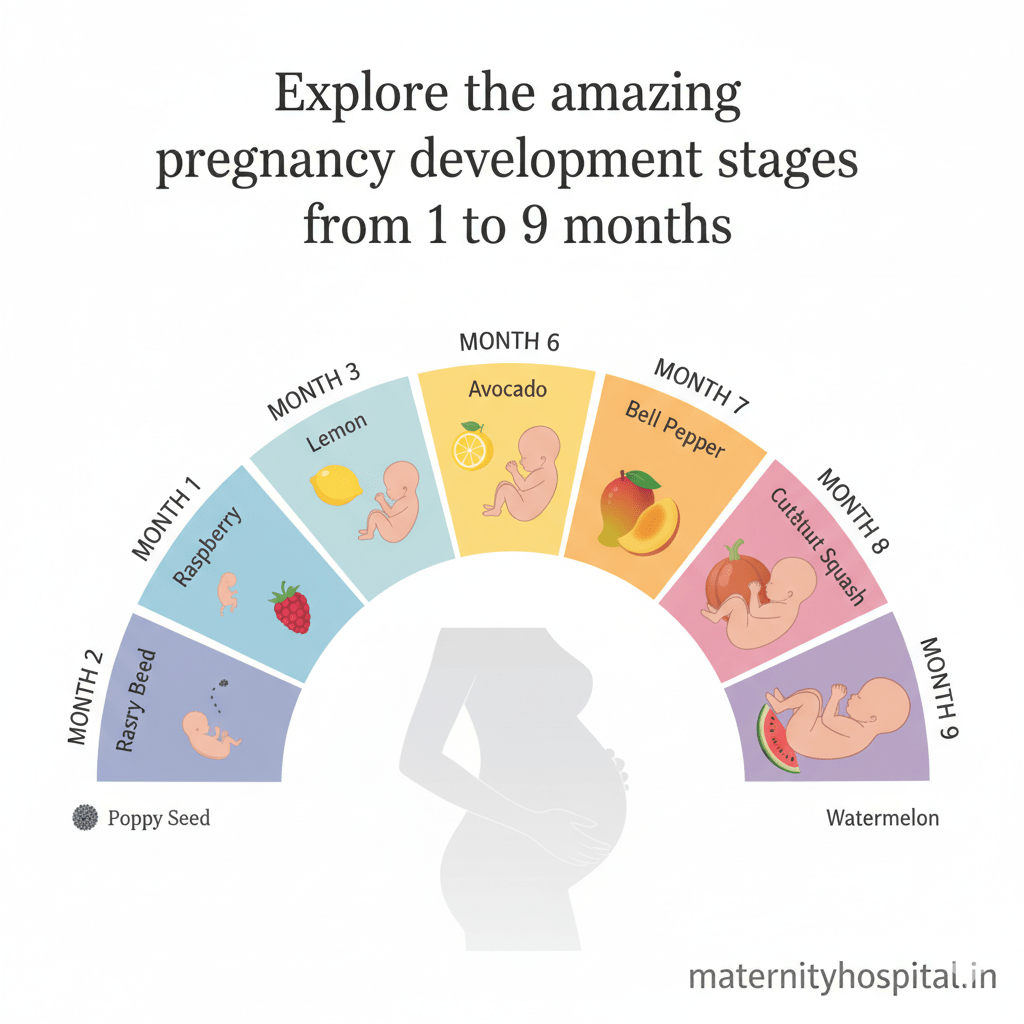
5 ways to Avoid Pregnancy for College Students, Teenagers, and Unmarried Girls
Therefore, pregnancy prevention is a vital topic, especially for college students, teenagers, and unmarried girls, generally girls searching “Avoid Pregnancy for College Girls” because avoiding pregnancy they focus on education, career, and personal growth before beginning a family. By understanding safe practices and making informed decisions, young women can protect their health and future.
Understanding the Importance of Pregnancy Prevention
Unplanned pregnancies during college or teenage years can cause emotional stress, financial struggles, and academic setbacks. By being informed about contraceptives, safe practices, and reproductive health, young women can make responsible choices that help them achieve their goals.
Safe and Effective Contraceptive Methods
- Condoms: Affordable, widely available, and protect against both pregnancy and STIs.
- Birth Control Pills: Effective when taken correctly and consistently.
- Injections, Patches & Implants: Long-term reliable options for women seeking greater protection.
- Emergency Contraceptives: To be used after unprotected sex, but not as a regular method.
Non-Contraceptive Ways to Avoid Pregnancy
Abstinence: The only 100% effective method to prevent pregnancy.
Safe Relationship Choices: Being responsible and selective in relationships helps reduce risks.
In addition, tracking fertile days by monitoring menstrual cycles can help avoid fertile periods; however, this method is less reliable compared to medical contraceptives.
Counseling and Medical Guidance
Consulting a gynecologist or healthcare provider is crucial before choosing a birth control method. Medical guidance helps in understanding side effects, long-term impacts, and safe contraceptive use.
Building Awareness and Support
Parents, educators, and institutions play a key role in educating young girls about reproductive health. Open conversations and awareness programs in colleges help in spreading accurate information and preventing unplanned pregnancies.
✅ 5 Contraceptive Methods to Avoid Pregnancy Before Marriage
1. Oral Contraceptive Pills (OCPs)
- Regular birth control pills (like Mala-D, Mala-N, I-Pill provided under India’s National Family Welfare Programme) are useful for Avoid Pregnancy for College Girls.
- Taken daily, they regulate hormones and prevent ovulation.
2. Emergency Contraceptive Pill (ECP)
- Pills like i-Pill, Unwanted-72 (to be taken within 72 hours of unprotected sex).
- Best for emergency only, not for regular use.
3. Barrier Methods (Condoms)
- Male or female condoms provide physical protection.
- Highly recommended since they also prevent STIs along with pregnancy.
4. Copper-T (IUD – Intrauterine Device)
- A small device placed inside the uterus by a gynecologist.
- Prevents pregnancy for 3–10 years, depending on the type.
5. Ayurvedic/Home Remedies (Traditional)
(Less reliable, but often considered in Ayurveda)
- Neem (oil or extract) has spermicidal properties.
- Papaya (raw/unripe) is traditionally consumed for its anti-fertility effects.
- Ginger & Asafoetida (Hing) are mentioned in Ayurveda for regulating menstruation.


❓ Frequently Asked Questions (FAQs) on Avoiding Pregnancy
1. What is the safest way to Avoid Pregnancy for College Girls and unmarried girls?
The safest way is abstinence, but for sexually active young women, condoms, birth control pills, or long-term contraceptives under medical guidance are highly effective.
2. Can teenagers safely use birth control pills?
Yes, teenagers can safely use birth control pills, but only under the advice of a gynecologist.
3. Are emergency contraceptives safe for young girls?
Yes, but they should be used only in emergencies and not as a regular method of birth control.
4. How can unmarried girls avoid pregnancy naturally?
Options include abstinence, fertility tracking, and safe relationships, though these are less reliable than medical contraceptives.
5. What is the best birth control method for students?
Condoms are strongly recommended since they prevent both pregnancy and STIs. Pills, injections, or implants may also be considered with medical guidance.
6. Can contraceptives affect future fertility?
No, most contraceptives do not affect long-term fertility. Normal fertility returns once the method is stopped.
7. How do parents and colleges help in pregnancy prevention?
By promoting awareness, open discussions, and access to reproductive health education, parents and colleges empower students to make safe choices.
Conclusion on Avoid Pregnancy
Avoiding an unplanned pregnancy is about awareness, responsibility, and informed choices. By understanding safe practices, using effective contraceptive methods, and prioritizing sexual health, young women can focus on their education, career, and personal growth without unnecessary stress. Remember, consulting a qualified doctor or healthcare professional is always the safest way to find the best solution for your needs. Prevention is always better than cure—your future is in your hands.
 Call to Action
Call to Action
Want to learn more about women’s health, safe practices, and personal well-being? 
🔗 Helpful Official Resources
- Ministry of Health & Family Welfare, Government of India
- National Health Portal of India – Reproductive & Sexual Health
- WHO – Adolescent Sexual and Reproductive Health
- CDC – Reproductive Health
📌 Disclaimer:
The information provided above is collected from reliable online health resources for educational purposes only. These methods may vary in effectiveness depending on individual health conditions. Always consult a qualified doctor or gynecologist before choosing any contraceptive or pregnancy prevention method.

 Call to Action
Call to Action








